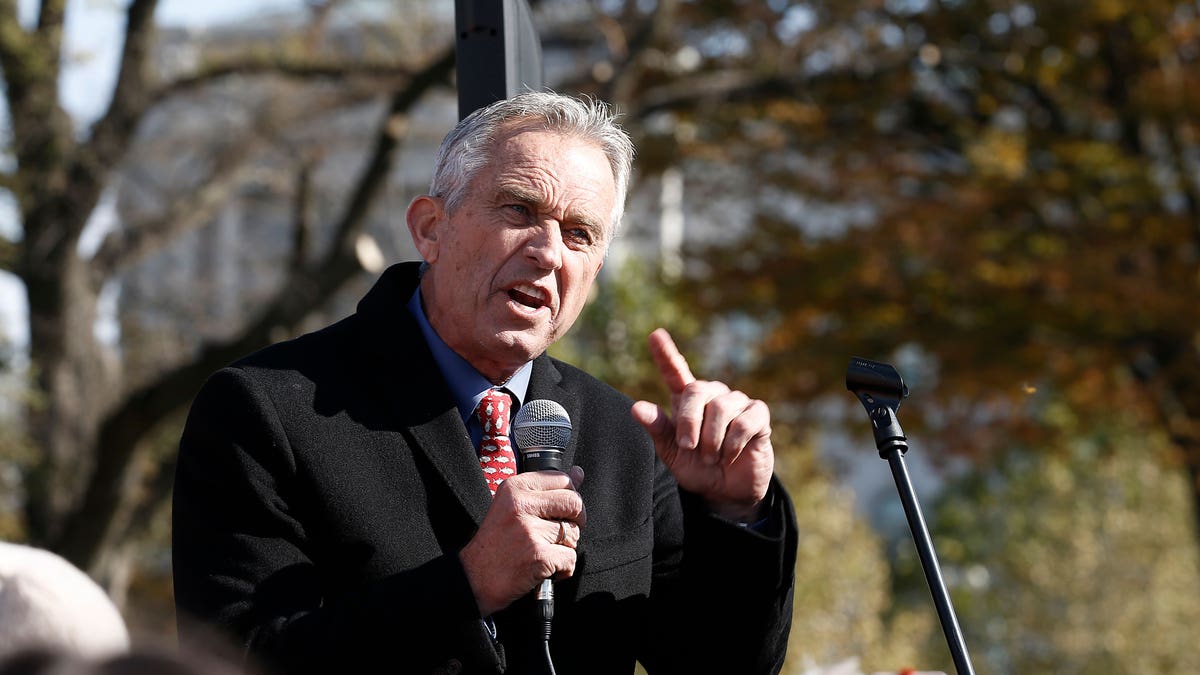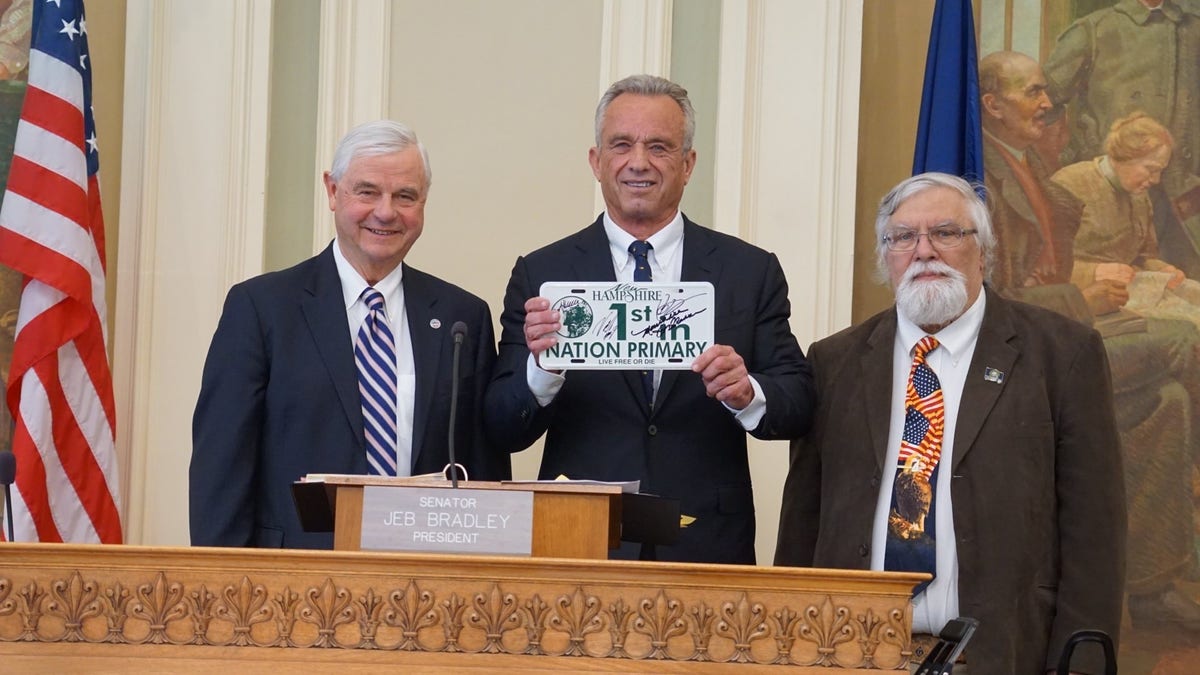Robert F. Kennedy Jr.'s Children's Health Defense has initiated an antitrust lawsuit against prominent news organizations like the BBC, The Washington Post, Reuters, and The Associated Press. The lawsuit, filed in the U.S. District Court for the Western District of Louisiana, alleges these organizations, members of the Trusted News Initiative, violated the Sherman Antitrust Act by colluding to censor information. This is the second such lawsuit filed by the organization this year, the first having been dismissed in May after being transferred to a New York court.
The lawsuit contends that these media giants, along with tech companies, collaborated to suppress information, potentially violating First Amendment rights and antitrust laws. Children's Health Defense argues that the Trusted News Initiative, founded by the BBC in 2019 to combat "fake news," is actually a mechanism for established media outlets to stifle competition and protect their economic interests. The complaint cites a BBC executive's statement emphasizing the rivalry between "trusted news providers" and a "tidal wave of unchecked [reporting]," suggesting an economic motive behind the alleged censorship.

The plaintiffs include several right-leaning entities and individuals, such as Creative Destruction Media, Trial Site News, and prominent figures like Dr. Joseph Mercola and Jim Hoft of The Gateway Pundit. Legal experts suggest the case hinges on determining the precise nature of the alleged agreements between the news organizations. While joint efforts to combat misinformation are generally permissible, agreements to censor specific content could be deemed unlawful restraint of commerce.

The Trusted News Initiative's website states its mission is to address disinformation in real time by alerting partners to potentially harmful content. However, Children's Health Defense argues this practice amounts to censorship and harms alternative news sources. The lawsuit also references the 1945 Supreme Court ruling in United States v. Associated Press, which found the AP guilty of violating the Sherman Antitrust Act by restricting the dissemination of information.

This legal challenge raises significant questions about the balance between combating misinformation and protecting freedom of speech and competition in the media landscape. The outcome of this case could have far-reaching implications for the future of online news and information sharing.
Comments(0)
Top Comments